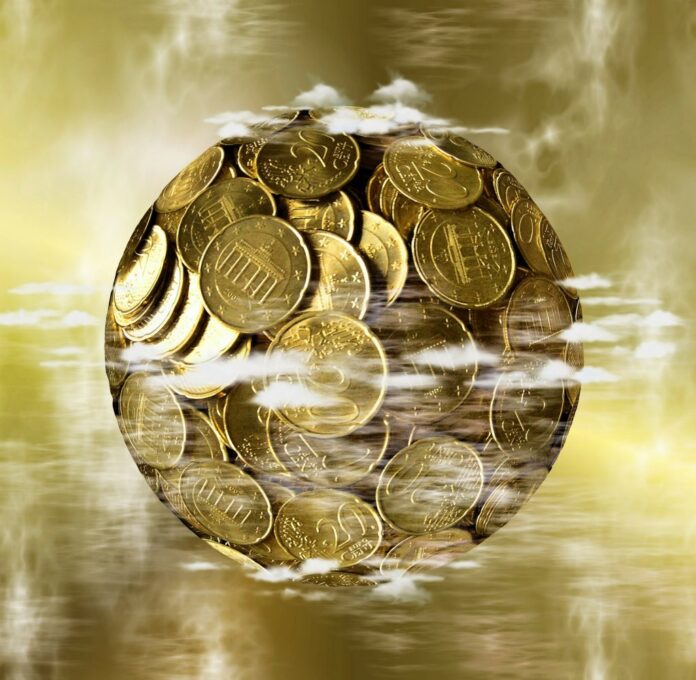A few years ago, when discussions on the Euro started, I wrote an article titled “Why Europe”. I was addressing the issue on a political-economic level. I was trying to give some answers to myself on things that did not, and do not, convince me. Dusting it off, as we usually do, the Ventotene Manifesto written by Altiero Spinelli and Ernesto Rossi (For a free and united Europe, Manifesto Project, released in 1944), equals to celebrating our flag and national hymn. We know well that a nation does not exist and Europe neither. Anyway, we want to deceive ourselves by thinking that those entities are real. In my above-mentioned article, I underlined that in the current situation, Europe is first of all a necessity. It gives more strength to member states, also to those who need it less, such as Germany.
But Europe cannot be just the consequence of a necessity. This is why we attend, almost powerless to its struggle.
It is clear that there is something wrong. By memory, I remember an answer given by General Charles de Gaulle on Europe “Or we imagine it from the Atlantic to the Urals, or there will be no Europe”. It was a courageous answer which, despite the importance of who said it, it was immediately removed. In my opinion, I think he was right. And now, I will try to explain why.
A great community can be created through common cultural roots. This being said, it is true that, from Lisbon to Moscow, the Judaic-Christian root is shared by all of us, however in different ways. We are also united by a similar cultural experience since we are so geographically close. Peter the Great commissioned to Italian architects the realisation of Saint Petersburg, in the same way as Leonardo who travelled frequently from Italy to France, where he died and was buried. In short, it is easy to underline a strong interconnection, under a cultural point of view, among European countries.
Within the various books I had read when I was a teenager, there are “War and Peace” by Lev Tolstoj, “The Brothers Karamazov” by Dostoevskij as well as “The Red and the Black” by Stendhal, “Don Chisciotte” by Cervantes, and “The Sorrows of Young Werther” by Goethe. Everybody had loved Pablo Picasso and Malevič. The latter came from an area, Russia and Poland, whose borders had always been vague.
In the Puskin museum in Moscow, and within the Ermitage in Saint Petersburg, we can admire absolute masterpieces by important Spanish, French, German and Italian artists of the XX century, and bought right after by Russian collectors. I like to remember that I discovered Futurism and Filippo Tommaso Marinetti in 1959 during my travel to Leningrad.
Moving forward from literature and art, on the one hand, Western Europe has no natural energy resources. On the other hand, Eastern Europe, and in particular Russia, is rich in gas and oil, from which we from western Europe mainly draw. So, once again De Gaulle was right.
In political-military terms, most important European countries cannot forget that Russia shares borders with China, with which has established friendly and collaborative links. Moreover, it is interesting to notice that Russia and China together represent large percentage of population and a great economic and military power.
Europe cannot pretend not to know or see. Doing so would be very risky, not only on a security level but on market and economic levels.
I dream of a Europe which looks at the Middle East, from which our cultural and religious (Judaic-Christian) origins come from, and alongside the enormous oil and gas fields. Iraq is the place where Abram, our grandfather, was born. I would underline that, integrating Iraq within Europe, is not just useful but also rightful. I think also Palestine (both Jewish and Palestinian people) should be part of Europe. These are holy places tied to Jesus. It is also the case of Syria because it was on the road to Damascus that Paolo from Tarso converted.
And what about Turkey, where Paolo from Tarso was born. The link to Europe (I hope so) for these areas, which have been destabilised by war, could be a great help to world peace.








